Frequently Asked Questions
Meetings were held throughout the various rural areas to acquaint farmers and ranchers with the feasibility of securing electric service. Prospective members were required to sign an agreement to buy electricity from the Cooperative when the lines were built and to pay a membership fee into the organization. The agreement and fee made them members of the Cooperative, and each member had one vote in elections for representatives or Directors of their Cooperative.
The Cooperative members elected a Board of Directors and they prepared and adopted the Articles of Incorporation with the assistance of legal advisors from REA. A Charter was secured from the State of Texas and a loan was obtained from REA in Washington, D. C., to provide the capital necessary to construct the initial power lines.
Nueces Electric Cooperative, Inc. was chartered December 7, 1938, by a group of farmers and ranchers who truly exemplified the pioneer spirit. In 1939, we held our first annual membership meeting. From the originally signed 355 members, the Cooperative has evolved some 60 years later into a Cooperative that provides delivery services to over 17,000 meters utilizing over 3,000 miles of energized power line. NEC Co-op Energy also provides competitive retail services to over 18,000 consumers in Texas outside the Nueces Electric Cooperative delivery area, and the growth continues.
Director Election Process
NEC Co-op Energy prides itself on its director elections. The election process reflects one of the Seven Cooperative Principles – democratic member control: one member, one vote. Nueces Electric Cooperative is member-owned and is governed by a ten (10) person, member-elected board of directors. These directors represent the ten-member directorate districts of the cooperative. A portion of the co-op directorships stand for election each year – usually three districts. The board of directors determines the method for voting in the director election. For many years, the method of voting has been an in-person or proxy voting process which takes place in conjunction with the annual membership meeting. Relevant information about this meeting and the annual report appear in the Texas Co-op Power magazine. It is up to you, the members, to elect the directors best qualified to run your cooperative. There is no term limit for an NEC Co-op Energy director but he/she must complete the nomination process every three years and be re-elected by the members.
Nominating Process
NEC Co-op Energy’s director nomination process begins each June as members in the districts up for election are invited, through the Texas Co-op Power magazine, to request petition packets to become candidates on the annual meeting director election ballot in accordance with the bylaws. Any member in a district up for election may seek to become a candidate. Those members interested in becoming candidates may request and sign for an official petition form and instruction sheet. At least twenty (15) signatures of qualified members within the voting district, received at the co-op by the designated deadline, are required to nominate a member from a district for the Board. If more than two candidates are nominated for a directorship, a primary election will be held in the district to select two candidates who will appear on the election ballot. At the annual membership meeting all members of NEC Co-op Energy may vote to elect the new directors in the districts up for election. All members will receive a ballot by mail or attached to the Texas Co-op Power Magazine. If members cannot attend the meeting, they may cast their vote by mailing in the ballot.
Director Responsibilities
Directors are tasked with the development of governance policies and monitoring the financial health of the cooperative. In addition, they are charged with keeping up-to-date on industry trends, legislative actions, and other pertinent issues affecting cooperatives as well as representing the membership at cooperative related functions.
Director Compensation
Section 8. Compensation; Expenses.
(a) Directors shall not receive a salary for their services as such. However, subject to subsection (b) below and as determined by policy adopted by the Board, directors may receive a fee, which may include insurance benefits, for each day during which they attend meetings or otherwise perform duties on behalf of the Cooperative. Fees for otherwise performing their duties need not be the same as for attending meetings of the Board.
(b) For attending meetings and otherwise performing duties pursuant to authorization thereof by the Board, directors shall be advanced or reimbursed their related expenses actually and reasonably incurred and expended by them, in accordance with the same policy established by the board for advancement or reimbursement of expenses for Cooperative employees, except that the policy may be different as it relates to uses of personal automobile.
(c) No director shall receive compensation for serving the Cooperative in any other capacity, nor shall any close relative of a director receive compensation for serving the Cooperative, except that (1) a director who is also an officer of the Cooperative, or a director, officer or committee member of or a delegate to an organization of which the Cooperative is a member or stockholder, and who as such performs substantial additional duties on behalf of the Cooperative, may be paid such compensation therefor, on a per diem basis, as is authorized by the remaining directors, and (2) a director or close relative of a director may be paid such compensation as is authorized by the Board upon its certification of such as a temporary emergency measure.
Each year NEC Co-op Energy files IRS Form 990 (Return of Organization Exempt from Income Tax). NEC Co-op Energy is a 501(c) (12) organization under the IRS code. Form 990 has financial information for the cooperative in addition to a list of directors and the executive manager along with their annual compensation. This document is public information. The IRS regulations, which became effective on June 8, 1999, state that every organization required to file Form 990 annually is obligated to immediately provide copies of its three most recent 990s to anyone requesting them in person, or send out copies within 30 days to any written request. You may request copies from NEC Co-op Energy, or Form 990s are also available from the IRS upon request at the district office where the forms would have been filed.
| Name | District | Position |
|---|---|---|
| Rumaldo Juarez | District 1 – Wood River | |
| Gregg Truesdale | District 2 – Robstown | |
| David Rosse | District 3 – Kingsville | Secretary-Treasurer |
| Donald Wayne Herrmann | District 4 – Robstown | |
| District 5 – Freer | ||
| District 6 – Agua Dulce | ||
| Bill Hartman | District 7 – Orange Grove | Vice-President |
| Brian Menking | District 8 – Alice | President |
| Johnny Alvarado | District 9 – Riviera | |
| Gladys Lippincot | District 10 – Retail |
To enroll, you’ll just need to check if we serve your area by entering your zip code. You can then check our rates in your area, and sign up by calling 1-855-632-7348 or filling out an online application.
If you’re having trouble logging in, download the instructions and register by clicking on the link below. You only need to register once.
Download Instructions: https://neccoopenergy.com/wp-content/uploads/Portal-Registration-steps-for-Members-v5.pdf
About Resources
Real Pricing for Real People
"NEC Co-op Energy is different than your typical provider, especially with the reward programs that give me extra cash at the end of the year."
Alex
Learn More
"We don’t really trust the gimmicks from other providers. We know how much our rate will be on our bill, and it usually ends up being lower than everyone else."
Analisa
Learn More
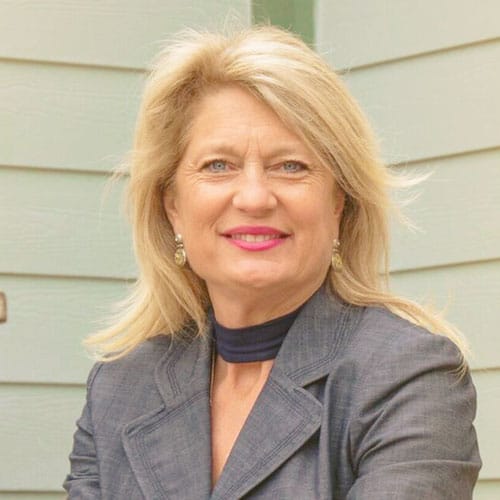

"They give us their best. That’s how I work, that’s how NEC works, and so it just makes good sense."
Dale & Nita
Learn More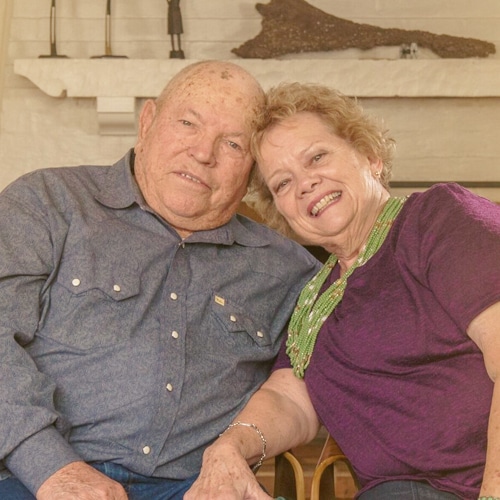
"We’ve been members 40 years and we’re not going anywhere. That ought to tell you something."
David
Learn More
"My whole family uses NEC Co-op Energy. We've been members since the co-op started back in 1962! That should say something."
Dennis
Learn More
"With NEC, as a member, you get a return on your investment. No regular electricity company does that."
Dick
Learn More
"We like NEC Co-op Energy because of the benefits: the bonus payments, our Veteran credit and a lower bill in December. Oh, and we love the annual barbecue!"
Jerry & Eva
Learn More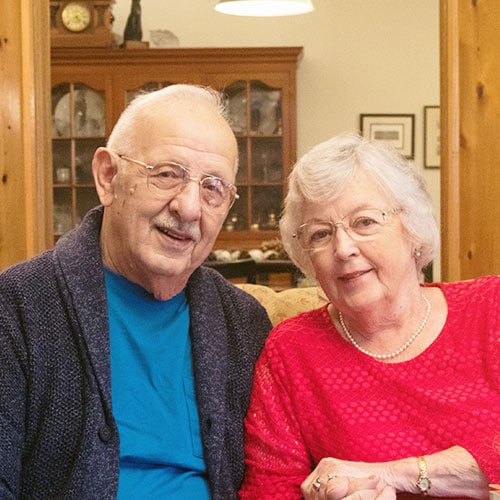

"With NEC Co-op Energy, I'm a member. I'm not just another number. And my bill really is lower than the other providers out there!"
Kay
Learn More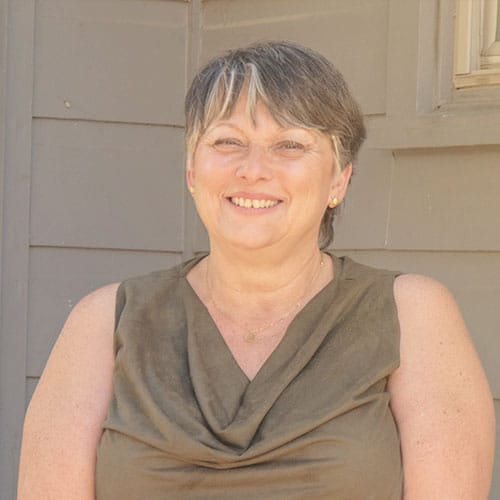
"I've worked for a utility company. I know what to look for to find the best deals. And NEC Co-op Energy really is the best deal."
Kendra
Learn More

"All the profits come back to the customers, and we get PowerPerks, which means we can get a discount or even a free bill in December!"
Megan
Learn More
"We like the Power Perks at the end of the year, it really helps with Christmas time."
Michael & Lisa
Learn More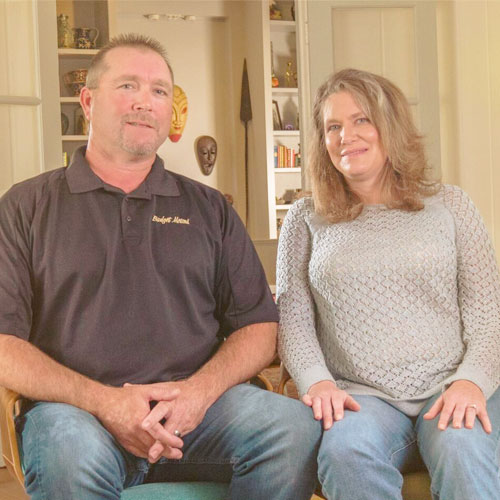
"Their service is prompt, and I get to talk to people right away, not a recording. I've always had great customer service."
Robert
Learn More
"Being a co-op, they’re not out for profit, they’re out for service. I wouldn’t recommend anyone else."
Robin
Learn More
"I like supporting a non-profit. It feels good knowing my money is going back to the members, not a giant corporation."
Sara
Learn More

"I like that there are no contracts. I’m busy managing over 300 properties, I don’t have time to deal with that."
Veronica
Learn More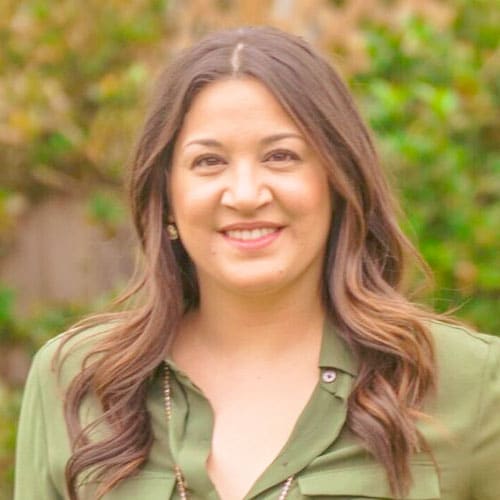
"They're like a family. I rely on them to power my businesses and my home, and we've always had great service."
Wayne
Learn More
"If I need anything, I can just pick up the phone, call them and they're available for me. We know each other's first names!"
Whitney
Learn More

